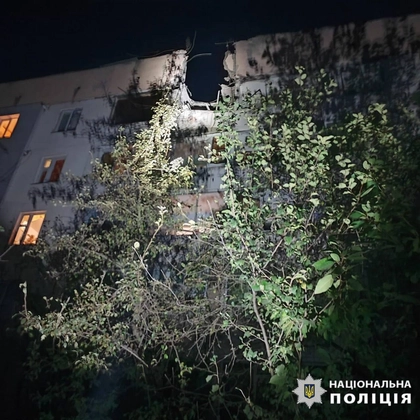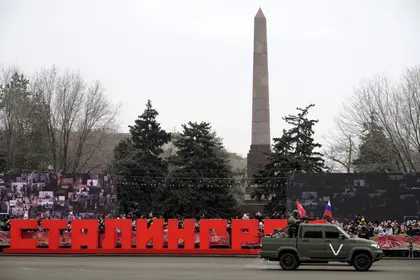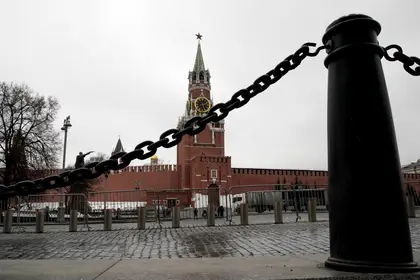Even as we approach the one-year anniversary of Russia’s reinvasion of Ukraine, one of the biggest uncertainties is still how many troops on either side have been killed or wounded.
Both Kyiv and Moscow regularly make claims about the numbers of enemy personnel their forces have taken out of action, while confirmation of their own losses is far harder to come by.
As such, the public has been largely left relying on statements from authorities in other countries in order to paint a picture of the toll the war is taking on each side’s troops.
What are the latest numbers?
The latest estimate comes from a report in The New York Times which, citing “American and other Western officials”, claims 200,000 Russian troops have been killed and wounded since Feb. 24 of last year.
The unnamed sources cited in the piece caution that the figure is just an estimate and emphasize getting an accurate count is notoriously difficult for reasons we’ll address below.
But it is broadly in line with previous estimates from Western officials and takes into account the huge number of casualties that Russia has incurred by employing “meat wave” tactics – essentially just throwing as many poorly trained men as they can at the Ukrainians – that have characterized the brutal fighting around Bakhmut and Soledar in recent months.
What was the last we heard on casualty numbers?

Kyiv Hit by Massive Drone Attack as Russian Strikes Target Multiple Ukrainian Cities
The last estimate came from Norway's Chief of Defense Eirik Kristoffersen, who said last month: “Russian losses are beginning to approach around 180,000 dead or wounded soldiers.
"Ukrainian losses are probably over 100,000 dead or wounded. “In addition, Ukraine has about 30,000 civilians who have died in this terrible war."
Before this, in November, U.S. army joint chiefs of staff chairman Mark Milley said the Russian army had suffered more than 100,000 dead or wounded, with a "probably" similar toll on the Ukrainian side.
Why are accurate figures so hard to come by?
Moscow and Kyiv both have their own reasons for withholding such information from the public and have not provided reliable accounts for their losses for months.
On the Russian side, President Vladimir Putin fully expected his so-called “special military operation” in Ukraine to be over in a matter of days and assumed his troops would be welcomed by Ukrainians and a joyous victory parade in Kyiv.
He appears to have believed the complete occupation of the country could be achieved with minimal losses of both men and machines.
This very clearly hasn’t happened and the Kremlin has been left to spin the fact that tens of thousands of Russian troops have been killed by Ukrainians who were supposed to welcome them with flowers and hugs.
The task of spinning this into a positive appears to be too much for even the vast Kremlin propaganda machine to deal with, so it has simply ignored the issue instead.
On the Ukrainian side, it is simply a matter of morale, which remains incredibly high among both the public and the armed forces, but is inevitably suffering as the war drags on.
Officials in Kyiv have therefore been cagey about releasing casualty figures as they fear it could adversely affect the country’s resistance to Russia’s ongoing aggression.
Has anything official been released at all by either side?
In December Mykhailo Podolyak, a senior adviser to President Volodymyr Zelensky, said official estimates of the number of Ukrainian troops killed “range from 10,000 … to 13,000” but did not give a figure for the number of wounded.
Podolyak did say that Zelensky would make the official data public “when the right moment comes,” but we have no idea when that might be.
Official figures from Russia are underestimated to the point of ridiculousness. The country’s Defense Minister Sergei Shoigu in September said 5,937 Russian troops had been killed in the nearly seven months of fighting to that point.
As this was the last official statement on the matter, it is technically still the Kremlin’s official figure.
You can also highlight the text and press Ctrl + Enter






